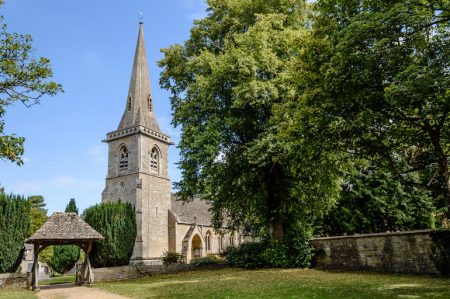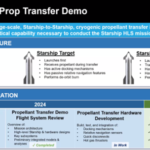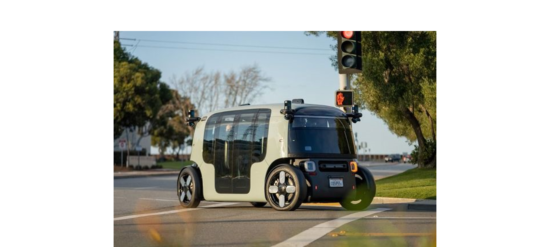February 20, 2018 – When I read this story this morning I had to share it with readers. To me, churches and houses of worship with steeples and minarets represent the antithesis of technological progress. After all, religion is not about science and analytical proof, but about faith and blind conviction. Nonetheless, the Church of England, one of the largest landholders in the United Kingdom, has signed an agreement with two departments of the British government, the Department of Digital Culture, and Department for the Environment, Food and Rural Affairs, to make its spires available for broadband, mobile and WiFi connectivity to local communities and rural areas of the country.
This works because almost two-thirds of Anglican churches can be found in rural settings near or in small communities that currently are underserved by telecommunication service providers. For the British who have largely abandoned attending churches it gives new meaning and purpose to these building sites. Stated Matt Hancock, Department of Digital Culture Secretary, it means “that even a 15th-century building can help make Britain fit for the future.”
What it means for small communities and rural farms is:
- better access to the growing number of public services moving to the online space
- provides local businesses with the ability to develop an online presence to reach new customers
- opportunities to drive tourists to small communities and rural areas
- access to the Internet as a knowledge base
- access to online skills and training, and college and university courses
Stated the Reverend Stephen Cottrell, Bishop of Chelmsford, “rural churches…have always served as a hub for their communities. Encouraging churches to improve connectivity will help tackle two of the biggest issues rural areas face – isolation and sustainability.”
It’s good to know that institutions of faith can contribute to the spread of knowledge based on reason and scientific facts. It will be interesting to see how the Church of England, and other religious institutions suffering similar declines in attendance, can benefit beyond the financial issues from making their buildings places where they serve a new type of connectivity rather than the old one of weekly services.

















